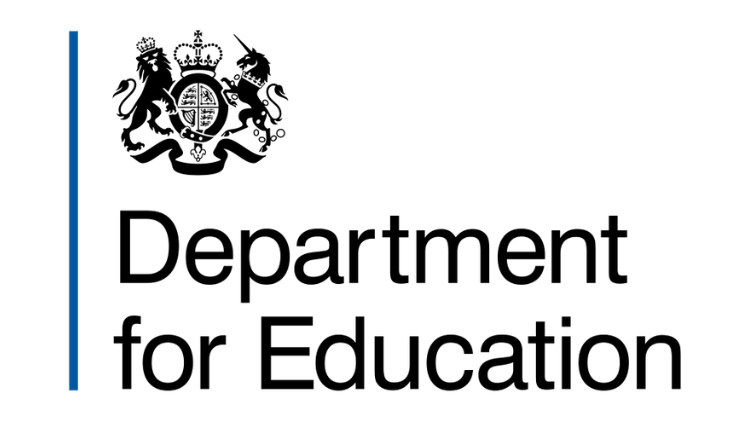Today (16 July) the Early Education and Childcare Coalition (EECC) has published its annual Pulse Check report with polling conducted by More in Common showing public attitudes towards early education and childcare in England.
Key findings:
- 60% of parents of under-fives said the Government should prioritise making the 30-hours of funded early education and childcare available to all children.
- 67% of the public think that making more childcare available for low-income families would also help to tackle child poverty.
- 44% of parents think the Government should prioritise more support for parents around home learning.
- 71% of the public think that all children should have access to early education regardless of their parents’ employment status.
- 75% of the public see a lack of government funding as the biggest challenge facing providers.
Childminders and nannies
The polling also asked about perceptions on quality of different types of provision. The general public perceived nannies (35%) to be of higher quality than childminders (28%), but this trend was reversed among parents of under-fives who use the system, with childminders (51%) considered high-quality compared to nannies (42%).Meanwhile, 62% of parents of under-fives rated private, voluntary and independent providers high quality and 57% rated school-based nurseries high quality.
Helen Donohoe, Head of Coram PACEY comments:
“It is encouraging to see a year-on-year increase in the public support of the importance of early education and childcare. Further, there is growing recognition of the inequalities that too many children and families face in accessing this vital support, leading to lifelong impacts on health, development and opportunity.
The public perception of childminders highlighted in this report demonstrates the urgent need for a government strategy for childminding that gives a clear narrative to the crucial, high quality early education and childcare that they provide, and the flexibility and choice that they provide to families.
While the recently announced early years strategy makes some reference to reversing the decline in Ofsted-registered childminders, much more needs to be done. Childminders are not glorified “babysitters”, they are highly skilled professionals who provide unique, flexible, and personalised education and care for children. The most recent Ofsted data shows that 98% of childminders were graded “good” or “outstanding” at their most recent inspection, equal to other early years provider types.
We remain committed to working tirelessly to challenge misconceptions, shift public perceptions, and secure the recognition and support that registered childminders and nannies deserve.”



